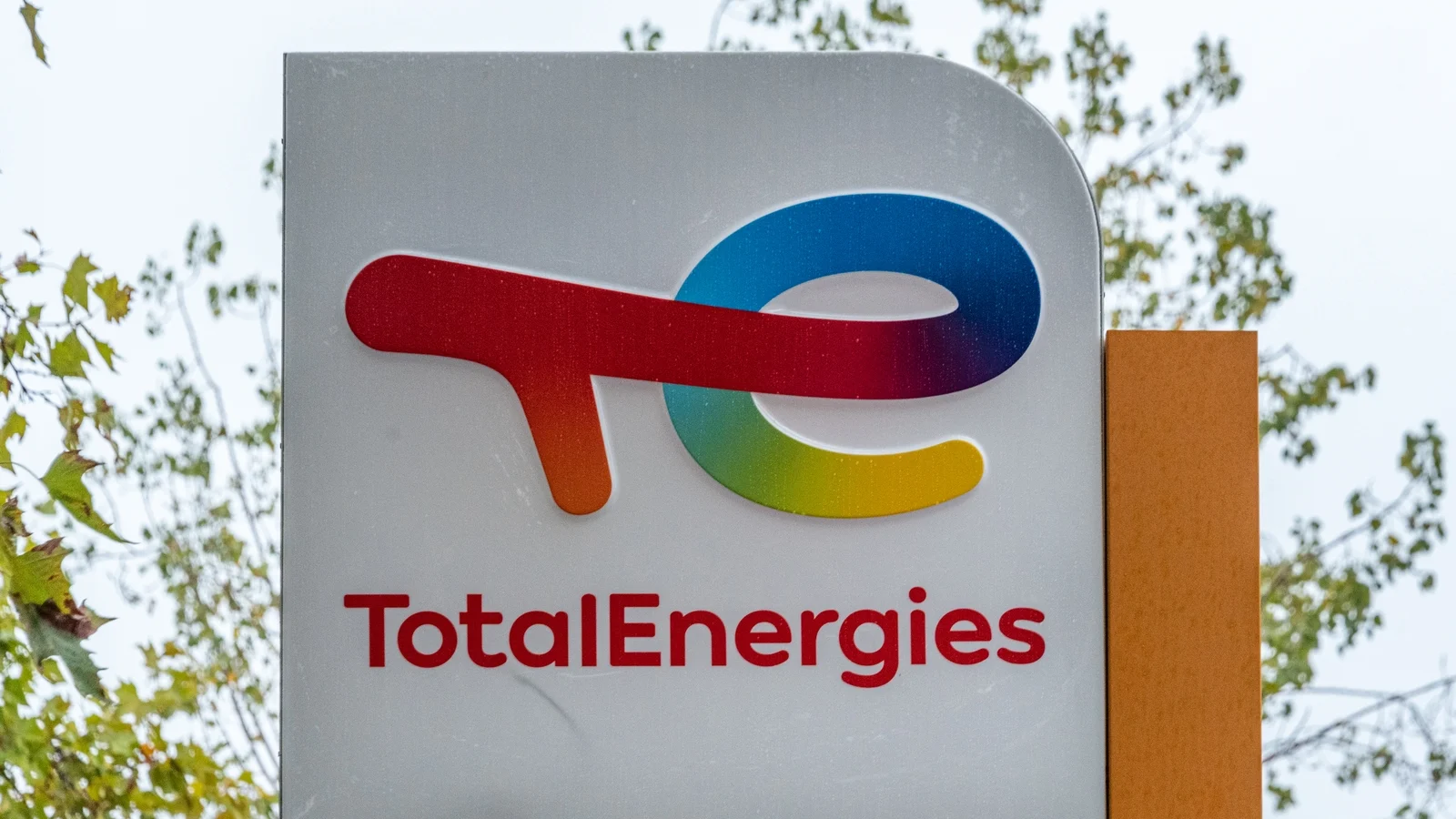The Nigerian Upstream Petroleum Regulatory Commission (NUPRC) has withdrawn approval for French oil major TotalEnergies’ proposed sale of a 10 per cent stake in Shell Petroleum Development Company of Nigeria Limited (SPDC) to Mauritius-based Chappal Energies, citing unmet financial obligations by both parties.
The sale, initially agreed in July 2024 and valued at $860 million, was part of TotalEnergies’ strategy to divest mature, polluting onshore assets and reduce debt. The deal had not closed despite multiple extensions of deadlines, raising concerns among industry observers about the company’s ability to exit high-cost Nigerian assets.
Eniola Akinkuoto, spokesperson for NUPRC, said on Tuesday, “The ministerial consent was accompanied by certain financial obligations to the Nigerian people with strict deadlines. However, both parties failed to meet their financial commitments after repeated extensions, forcing the commission to cancel the deal.”
According to Reuters, Chappal failed to raise the $860 million required for the transaction, which in turn prevented TotalEnergies from fulfilling regulatory fee obligations and covering environmental rehabilitation and future liability costs associated with SPDC’s operations.
The failed transaction leaves TotalEnergies with its existing stake in SPDC, an onshore oil producer that has faced operational challenges, including hundreds of oil spills caused by theft, sabotage, and equipment failures, resulting in costly repairs.
Total’s inability to divest follows a broader trend among international oil companies in Nigeria. In March, Shell sold its 30 per cent SPDC stake to a consortium of mostly local firms for up to $2.4 billion. Similarly, ExxonMobil, Eni, and Equinor have all divested Nigerian assets in recent years to focus on more profitable operations elsewhere.
Chappal Energies, which focuses on mature and distressed upstream assets in the Niger Delta, completed a $1.2 billion acquisition of Equinor’s Nigerian assets last year, backed by Mauritius Commercial Bank and commodities trader Trafigura. The company has not publicly disclosed its backers for the proposed TotalEnergies acquisition.
SPDC’s other shareholders include the Nigerian National Petroleum Corporation with a 55 per cent stake and Eni with 5 per cent. Total’s failed divestment hampers its goal of reducing exposure to high-cost, polluting assets while addressing a debt load that rose 89 per cent to $25.9 billion in the year ending July.
Patrick Pouyanne, TotalEnergies’ CEO, had told investors in July that the Nigerian sale was one of three planned divestments expected to generate $3.5 billion before year-end and reduce the company’s debt-to-equity ratio, which reached 28 per cent mid-year, including leases and hybrid debt.
The failed sale leaves TotalEnergies managing interests in 15 oil licences producing approximately 14,000 barrels of oil-equivalent per day in 2023, alongside three gas licences supplying 40 per cent of Nigeria LNG’s gas output, prolonging the company’s exposure to operational and environmental liabilities in the region.
